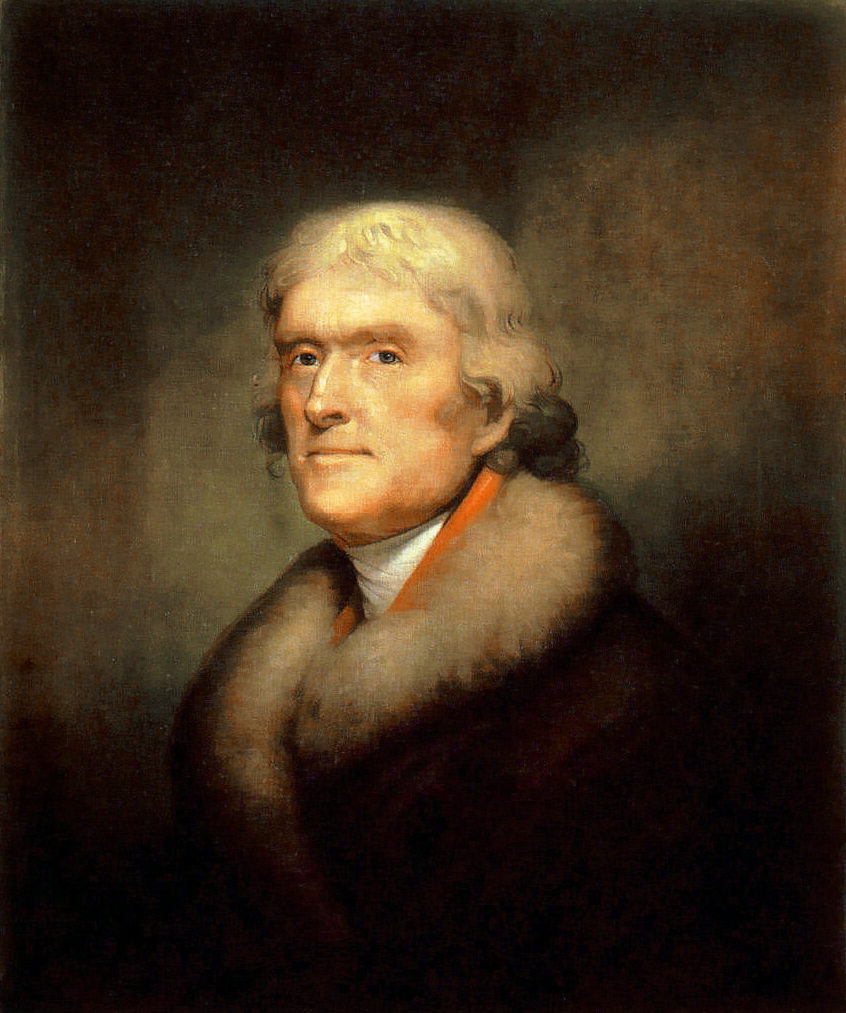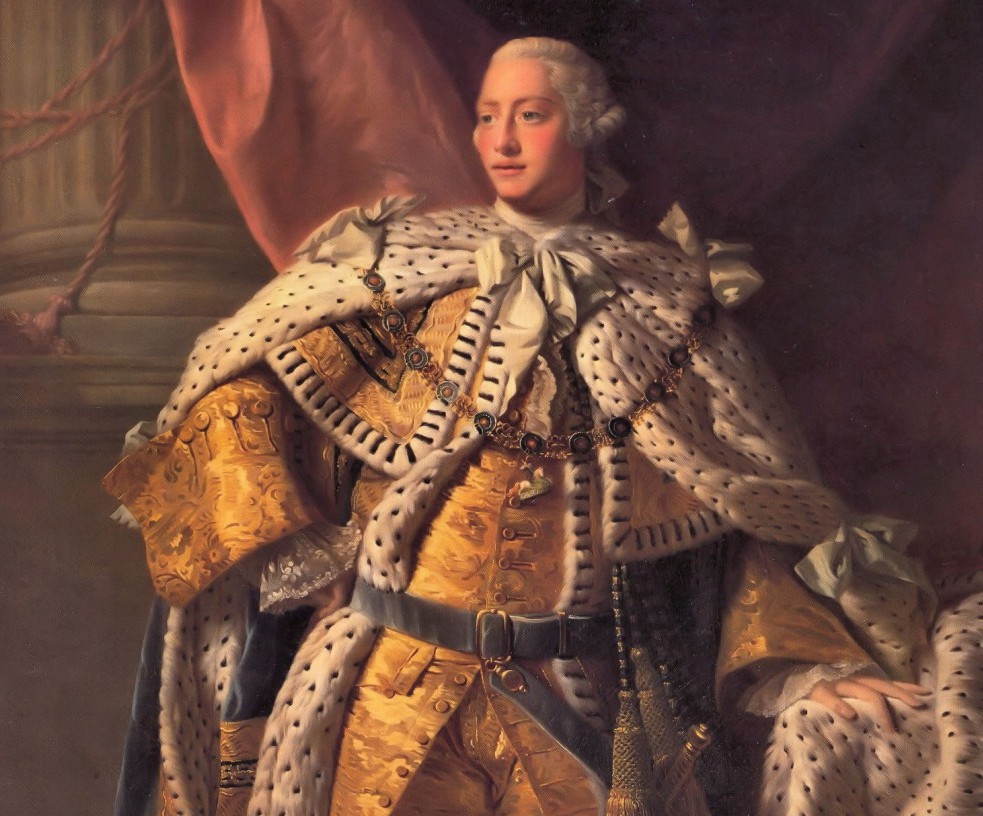*Meanwhile On Twitter*
Thomas Jefferson: Yo King George, you awake?
King George III: *wakes up* What?...
Thomas Jefferson: It's me Thomas.
King George III: Oh, your that delegate from the 13 colonies. Pfft, nerd.
Thomas Jefferson: I have something important to talk to you about.
King George III: Speak as you wish patriot, I'm curious as to what you have to say.
Thomas Jefferson: It's regarding to independence.
King George III: Go on.
Thomas Jefferson: I, as well as the 13 colonies, wish to declare our independence from your Empire.
King George III: What makes you people from getting your independence.
Thomas Jefferson: We the People have the right to create a new government so we can have security.
King George III: Where's the proof of your statement? Remember Thomas, I'm a King, not a little boy. If you want something done then show me how it will be done.
Thomas Jefferson: Very well. As I was saying, the right to create a new government is stated in the Declaration of Independence. Also, I have 3 grievances from the 13 colonies that I will show to you.
King George III: What are these 3 grievances you speak of?
Thomas Jefferson: The 3 grievances are the following. In recent years, you have refused the colonists the right to representation. You allowed your British Navy to influence the patriot sailors into fighting against our people as one of your men. Lastly, you closed local Boston ports due to the Boston Tea Party by punishing all, rather than the guilty.
King George III: These grievances you've mentioned are absolutely true. However, what have you done with these grievances to support your statement.
Thomas Jefferson: The colonies have appealed your decisions, making them open to the public. We've done this by adding the grievances in our Declaration of Independence.
King George III: It seems that you've been asking for independence a long time now. I've been reviewing all of your appeals and petitions for independence. Well, it doesn't matter. You still won't get your independence!!!
Thomas Jefferson: Well I guess we can't make any agreements anymore!
King George III: I've had enough of you nonsense! Further connections between Britain and America are over! Good day to you.





